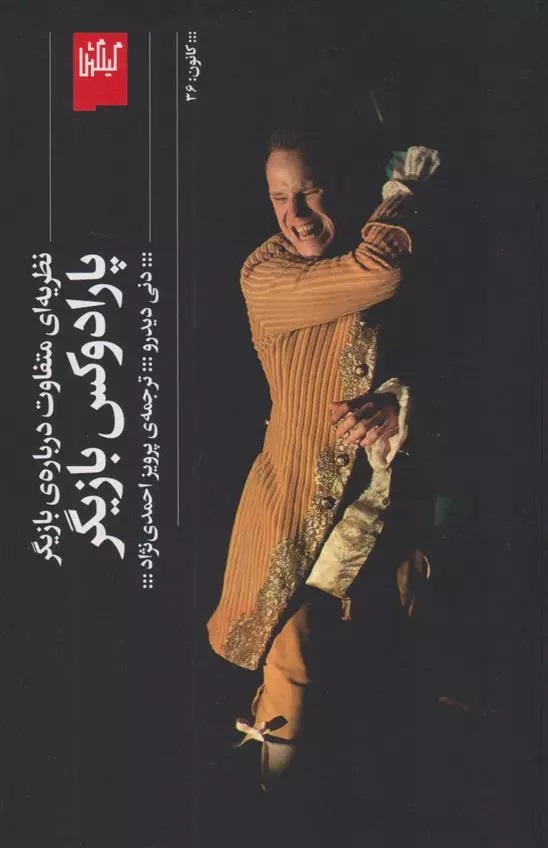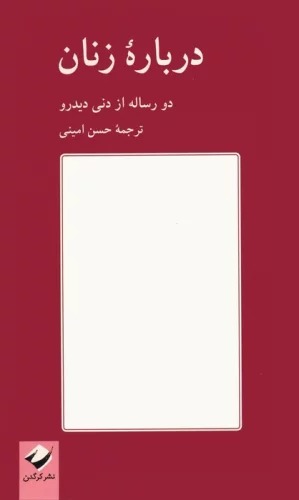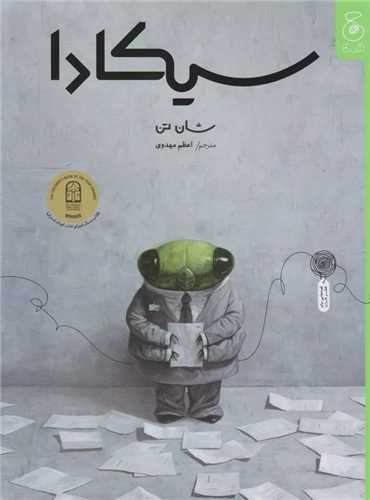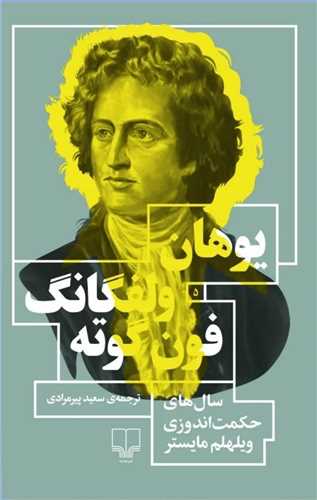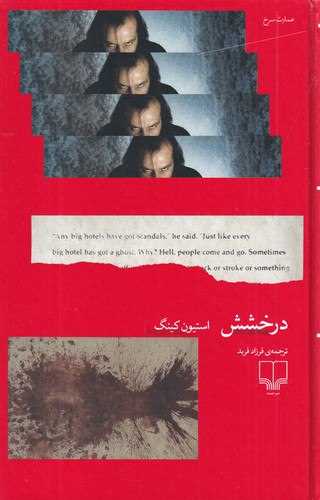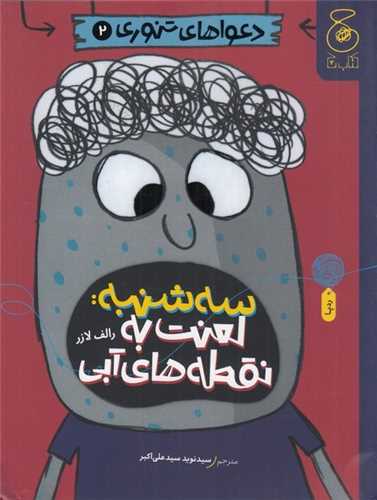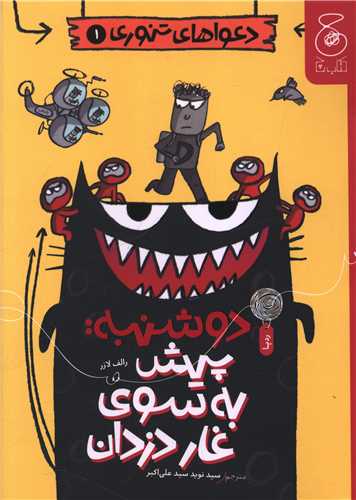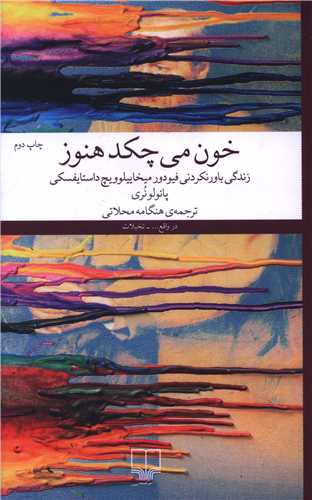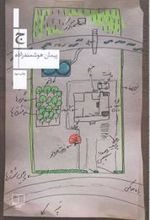پارادوکس بازیگر الفارسية 1402
Pārāduks Bāzīgar
20٫02 $
مشاركة
Wishlist
العنوان الأصلي:
Le paradoxe sur le comédien
ISBN رقم:
9786227858440
المترجم:
Parvīz Aḥmadī'nizhād
الناشر:
Chishmih
الفئة العمرية:
البالغون
الصفحات:
108
الوزن:
100 g
أبعاد المنتج:
14 x 21 x 1 cm
غلاف الكتاب:
غلاف ورقی
Diderot’s “thesis is that a great actor must not be sensitive; or, in other words, he must not feel the emotions he expresses. "Extreme sensitiveness makes poor actors; while absolute lack of sensitiveness is a quality of the highest acting." He sustains this view with six arguments, viz.: we can not repeat emotion at will, but the power is soon exhausted; the age when the comedian is at his greatest is not youth when he is quick and full of emotion, but after he has had a long experience when the ardor of his passions has subsided and his head is calm and his spirit self-possessed; certain facts going to show that the performer's real feelings are different from those which he is expressing on the stage; and, finally, his best argument, and the one on which his thesis mainly rests, that one can not do two things at a time.
The actor has to be observant of his playing, to regulate its effects, his gestures, and his exclamations, to see that they are correct, to keep his mind on the scene, to recollect his part. All this critical work is incompatible with sincere emotion. When a person is really moved, when he feels some great woe, while he may indeed sink upon a chair as the actor does in the scene, he does not keep watch of his attitude while falling or think how to make it expressive and harmonious, but gives himself wholly up to his trouble.”— Alfred Binet, The Paradox of Diderot.
more
دنی دیدرو (۱۷۸۴-۱۷۱۳) فیلسوف عصر روشنگری اروپا را در ایران عموما با رمانهای ژاک قضاوقدری و اربابش، برادرزادهی رامو و راهبه به یاد می آورند. گردآوری تنظیم و ویرایش دایره المعارف مستدل دانش هنر و پیشهها هم به همت او بود. روحیهی منتقدانهاش و اندیشیدن به شیوههای نو در رمان نویسی، نقد نقاشی، ادبیات دراماتیک و هنر بازیگری، ادبیات و هنر قرن هجدهم را دگرگون کرد.
پارادوکس بازیگر رساله ای دربارهی بازیگر، روشهای اجرای نقش و کنترل احساسات است که دیدرو به شیوهی بازیگری دورهی خود پرداخته و با انتقاد از روش مرسوم بازیگری، نظریهای متفاوت را برای اجرای درام بورژوایی و درام جدی مطرح کرده و درباره ی شیوهای از هنر بازیگری بحث کرده که قابلیت اجرای درامهای عصر روشنگری و دوره ی مدرن را داشته باشد.
دیدرو بازیگری را به چشم هنر میبیند؛ هنری که موازین آن را باید با مطالعه، تمرین، تفکر و تجربه آموخت. پارادوکس بازیگر سال ۱۸۳۰ بعد از مرگ دیدرو در فرانسه منتشر شد.
more

